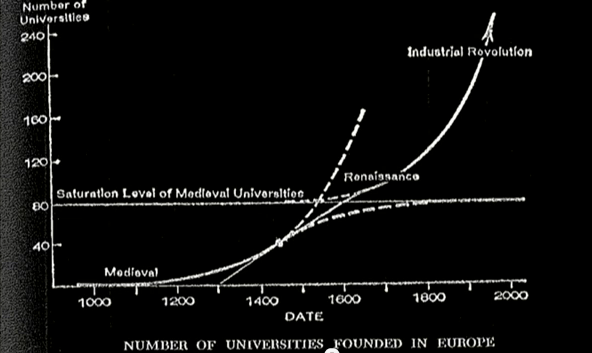You have /5 articles left.
Sign up for a free account or log in.
An interesting question caught my eye recently: what’s the half-life of knowledge, for facts we think we know? Samuel Arbesman provides an answer in his recent Harvard Business Review article called, “Be Forewarned: Your Knowledge is Decaying.”
Based on his new book, “The Half-Life of Facts: Why Everything we know has an Expiration Date,” the article first cites knowledge that entire generations accepted as truths that turn out to be false. For example, Pluto is not actually a planet. He then touches on data that changes slowly over time, requiring us to constantly stay informed. For example, he shared that, “A friend of mine, for example, was speaking recently with an older hedge fund manager who began his story with the following: ‘Since we all know that there are 4 billion people on the planet…’” Actually, now there are over 7 billion people on Earth. There are more examples, from babies to hand-washing practices, in the TEDx video below.
Arbesman also explains that changes to knowledge do have patterns. He says, “Overall, there is a shape to how knowledge grows.” For example, by looking at the changes in data, he describes how the increases in the number of elements in the periodic table “obeys regularities,” and how, “even the number of universities over time obeys regularities – from the medieval period to the modern day.”
Number of Universities Founded in Europe

Source: TEDx video
The Half-Life of Facts: Sam Arbesman at TEDxKC
It seems the only thing we can predict is that knowledge will keep changing. Clearly, using outdated information to support decisions has the potential to create all sorts of problems. Not only does this reminder about ‘knowledge decay’ encourage the personal pursuit of lifelong learning, but there are implications for every industry, including higher education.
Things are shifting relatively slowly in the higher education world, and as Arbesman points out, “We should be concerned most about facts that change slowly, the facts that change over the course of years or decades or an entire lifetime.”
How do you keep up with it all?





